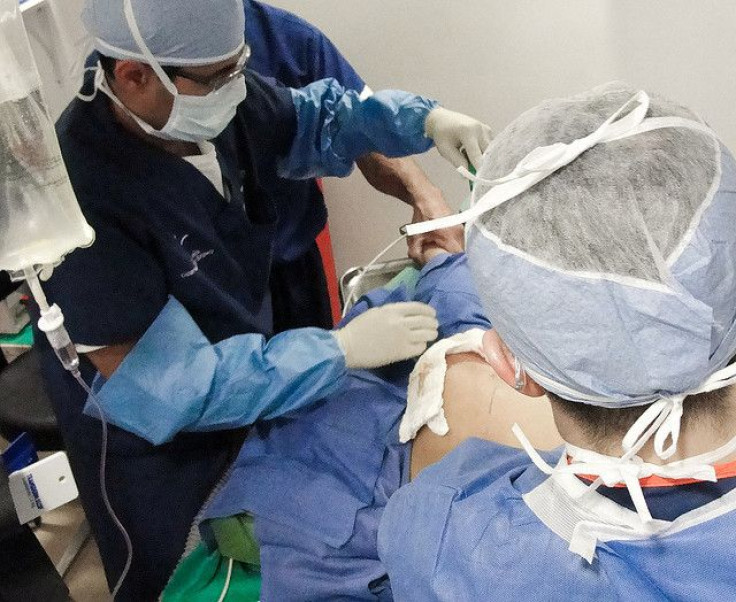More Times Than Not, Physicians Disregard Informing Patients About Possible Risks

While many patients believe physicians always disclose all possible risks prior to treatment, new research reveals that is not entirely true.
According to the researchers who conducted the study at the University of Melbourne, doctors continuously underestimate the need of informing their patients on potential risks.
Though doctors are expected to counsel patients to assist them in making sensible choices by disclosing information that may affect treatment decision, which could range from cost of treatment to possible side effects, the study, led by David Studdert from the University of Melbourne, found doctors and surgeons are usually perplexed regarding what information they should disclose with patients prior to treatments.
The study analyzed 481 malpractice claims and patient complaints that involved allegations of deficiencies in the process of attaining an informed consent.
Data demonstrated about nine percent of cases studies were disputed cases, which involved head-to-head disagreements over specific risks that patients felt should have been disclosed. Two-thirds of disputed cases involved surgical procedures and the rest of cases were related to unfavorable results, including more surgery, chronic pain, impaired vision or hearing as well as poor cosmetic outcome.
According to Studdert and his colleagues, the most common reasoning for doctors not disclosing all possible risks were because physicians believed the risks were too rare to occur, or the benefits greatly outweighed the risks. Some doctors deemed it unnecessary or inappropriate to ‘‘burden’’ the patient with information about procedures they are about to undergo. While other doctors defended their position by arguing that the risks were obvious and a reasonable patient should have been aware of it.
Studdert understands that occasionally doctors and patients will disagree regarding particular risk factors, however, he believes bringing understanding to patients helps bridge the gap. Doctors and surgeons should not assume what a patient wants to hear or should want to hear.
The study was published in the PLOS Medicine.



























